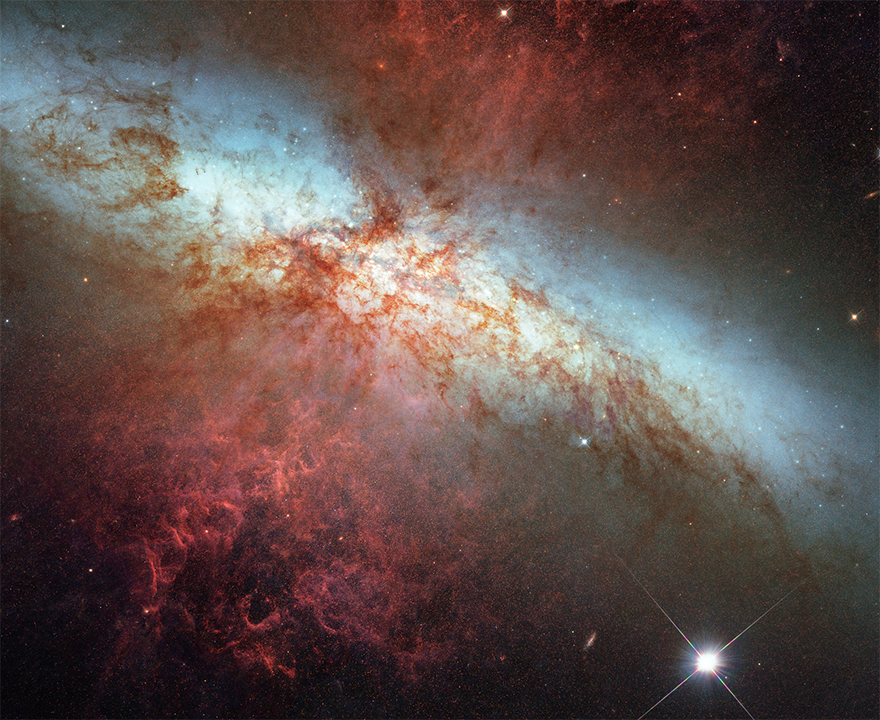Philosophy of Dark Energy Workshop
 In the late 1990s, scientists working on the High-Z Supernovae Search Team and the
Supernova Cosmology Project provided the first evidence that the expansion of the
universe is accelerating. To explain this acceleration, cosmologists have posited
“dark energy”, a previously unknown kind of energy now believed to permeate all of
space and to make up approximately 70% of the total energy of the universe. But what
is dark energy? Is it the vacuum energy associated with known particle species? Or
is it a manifestation of an entirely new entity? Or is it simply a reflection of a
non-zero value for Einstein’s “cosmological constant”? This workshop will bring together
physicists and philosophers to explore the epistemological and methodological issues
raised by dark energy, with a focus on understanding the theoretical motivations and
empirical evidence for different proposals concerning its nature.
In the late 1990s, scientists working on the High-Z Supernovae Search Team and the
Supernova Cosmology Project provided the first evidence that the expansion of the
universe is accelerating. To explain this acceleration, cosmologists have posited
“dark energy”, a previously unknown kind of energy now believed to permeate all of
space and to make up approximately 70% of the total energy of the universe. But what
is dark energy? Is it the vacuum energy associated with known particle species? Or
is it a manifestation of an entirely new entity? Or is it simply a reflection of a
non-zero value for Einstein’s “cosmological constant”? This workshop will bring together
physicists and philosophers to explore the epistemological and methodological issues
raised by dark energy, with a focus on understanding the theoretical motivations and
empirical evidence for different proposals concerning its nature.
Invited Speakers:
Luca Amendola, Institute of Theoretical Physics in Heidelberg
Robert Brandenberger, McGill University
Robert Caldwell, Dartmouth College
Sean Carroll, Caltech University
Anne-Christine Davis, University of Cambridge
Paul Hamilton, University of California, Los Angeles
Lavinia Heisenberg, Institute for Theoretical Physics, ETH Zurich
Dragan Huterer, University of Michigan
Jim Peebles, Princeton University
Thomas Ryckman, Stanford University
Daniela Saadeh, University of Nottingham
Chris Smeenk, University of Western Ontario
Shinji Tsujikawa, Tokyo University of Science
David Wallace, University of Southern California
This event is made possible by a grant from the John Templeton Foundation, to Chris Smeenk and Jim Weatherall.


connect with us: